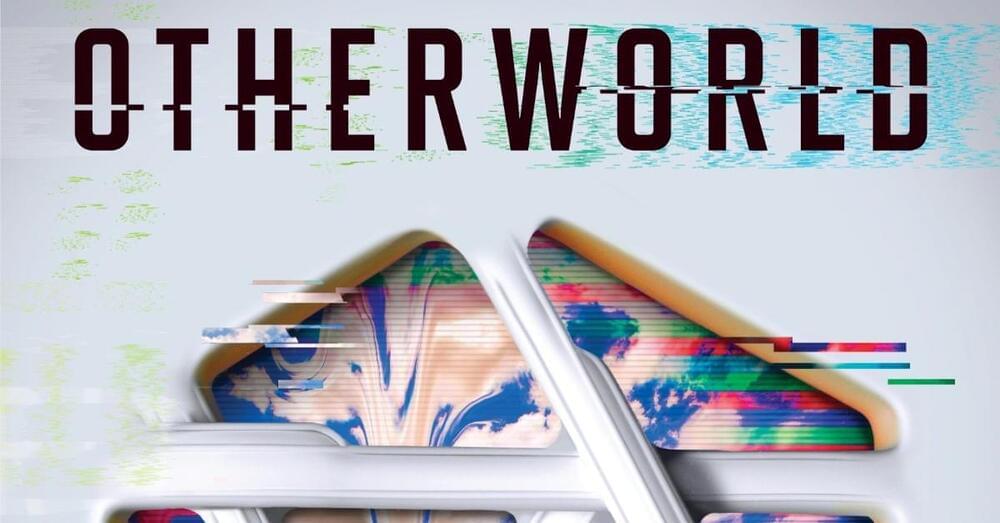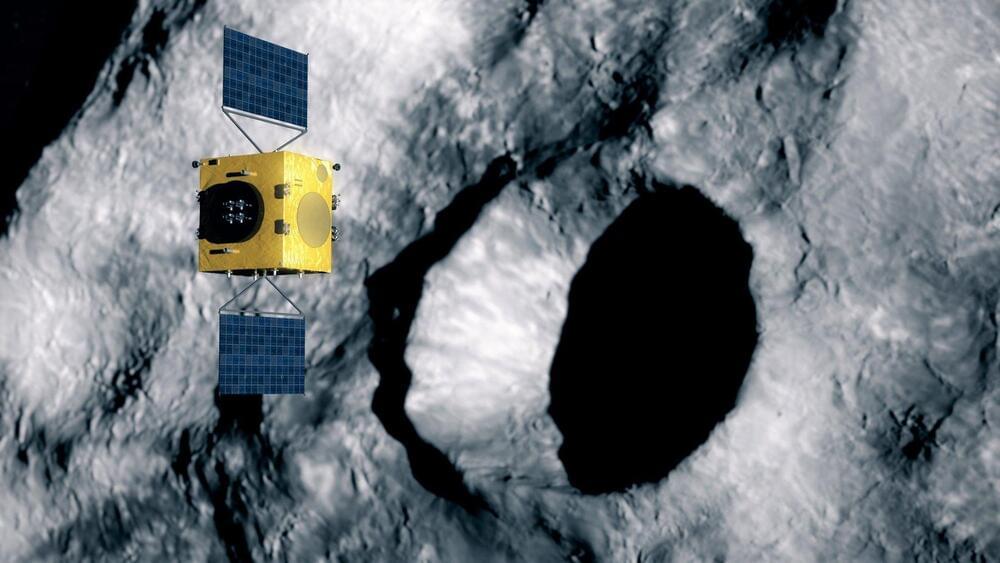In 1942 The Manhattan Project was established by the United States as part of a top-secret research and development (R&D) program to produce the first nuclear weapons. The project involved thousands of scientists, engineers, and other personnel who worked on different aspects of the project, including the development of nuclear reactors, the enrichment of uranium, and the design and construction of the bomb. The goal: to develop an atomic bomb before Germany did.
The Manhattan Project set a precedent for large-scale government-funded R&D programs. It also marked the beginning of the nuclear age and ushered in a new era of technological and military competition between the world’s superpowers.
Today we’re entering the age of Artificial Intelligence (AI)—an era arguably just as important, if not more important, than the age of nuclear war. While the last few months might have been the first you’ve heard about it, many in the field would argue we’ve been headed in this direction for at least the last decade, if not longer. For those new to the topic: welcome to the future, you’re late.




